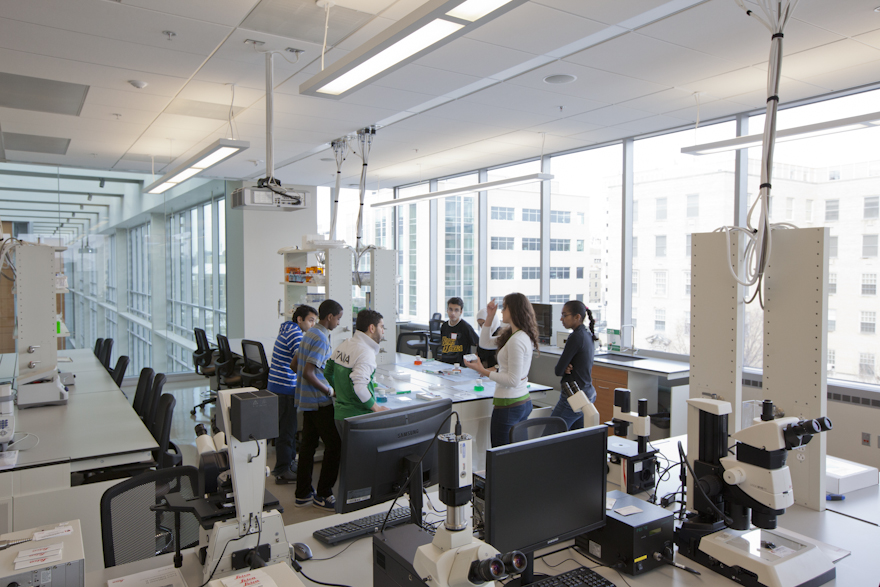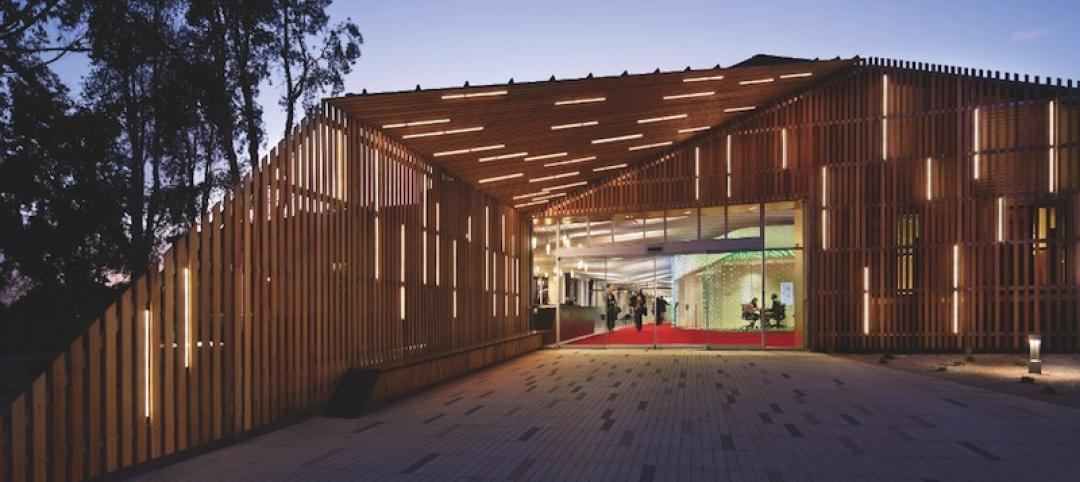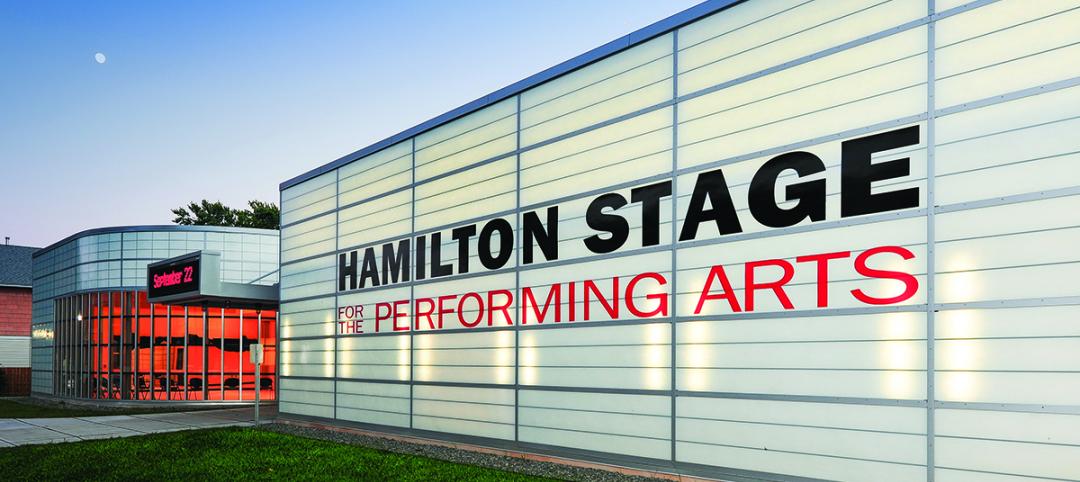After Moody’s and other credit ratings agencies tightened their standards a few years ago, universities had to become much more disciplined about their financing mechanisms.
“Internally, we are paying a great deal of attention to cash on hand relative to debt to maintain our good ratings,” says Gonzaga University EVP Marty Martin. “It’s a constant reference point.”
“The financing climate is different than it was 20 years ago,” notes UC Santa Barbara Campus Architect Marc Fisher, AIA. “The state is not funding construction at the same pace. We’re going to see more student-funded, donor-funded, and research-funded projects. We’ll see more creative funding in the future.”
One such creative funding option is the public-private partnership. The PPP strategy is most popular for student housing, mixed-use buildings, parking facilities, and retail—any project with a revenue stream.
The University of Texas at Dallas recently selected Balfour Beatty and Wynne/Jackson to develop a mixed-use project near the edge of the campus. To be called “Comet Town,” the project will be financed through a land lease, whereby the university will lease the land to the developer who will build, own, and operate the building for a specific period.
Apartments will be open to the public, but most residents are expected to be part of the UT community, says Dr. Calvin Jamison, VP of Administration.
The University of Wisconsin–Madison has employed third-party partnerships sparingly, but did so twice when a private developer needed more space to build on a couple of residential/retail properties adjacent to campus.
The state university also teamed up with the Morgridge Institute for Research a few years ago to build the Wisconsin Institutes for Discovery, a research lab that includes retail/restaurant space. Half of the lab space is privately owned.
In the wake of the recession, Cornell University instituted new guidelines for major capital projects. “One of the pillars of the new policy was no new debt,” says University Architect Gilbert Delgado, AIA. “Funding for all projects has to be either identified or on hand before a project goes forward.”
For Weill Cornell Medical College, a New York City institution since 1898, the university is exploring the construction of a major residential tower with a private developer. “Our goal is to make housing more affordable for students, faculty, and staff,” says Delgado.
To keep rents affordable, future residential projects in the city might include so-called micro apartments about half the size of a studio unit, supplemented with more generous common areas. Delgado says the university is also studying how to build more affordable housing in Ithaca—“maybe through PPP-type land-lease agreements,” he says.
More from BD+C's exclusive report, "How your firm can gain an edge on university projects."
Related Stories
| Apr 15, 2013
Advanced lighting controls and exterior tactics for better illumination - AIA/CES course
To achieve the goals of sustainability and high performance, stakeholders in new construction and renovation projects must rein in energy consumption, including lighting. This course presents detailed information about lighting control strategies that contribute to energy efficient buildings and occupant well-being, as well as tips for lighting building exteriors effectively and efficiently.
| Apr 15, 2013
eBay, Microsoft, Walt Disney World among keynote speakers for 2013 SMPS Conference, July 31 – August 2 in Orlando
The Society for Marketing Professional Services (SMPS) is pleased to announce the keynote speakers for ?Build Business: Dream Big!,? its 2013 conference to be held July 31 – August 2 at the Walt Disney World® Swan and Dolphin in Orlando.
| Apr 15, 2013
Using software and the power of the cloud to connect your back office to your field operations [webinar]
This webinar will focus on a new software subscription service that will help construction companies, general and specialty contractors connect their back office infrastructure with all of their field operations. The service will help capture, manage and report on the progress of existing construction jobs and help in the planning of new ones.
| Apr 12, 2013
Nation's first 'food forest' planned in Seattle
Seattle's Beacon Food Forest project is transforming a seven-acre lot in the city’s Beacon Hill neighborhood into a self-sustaining, edible public park.















